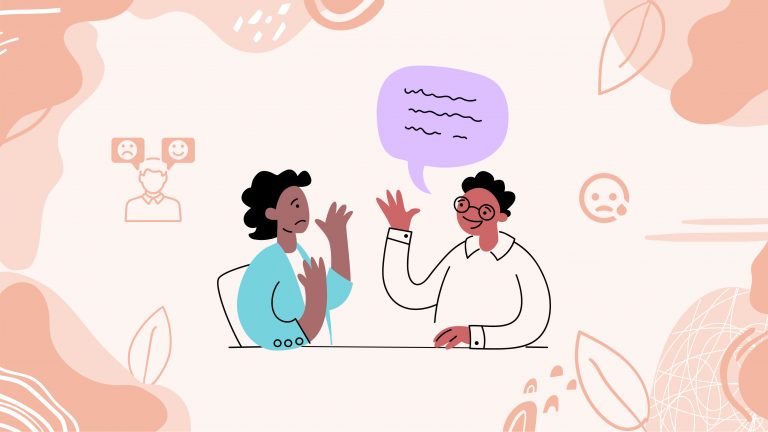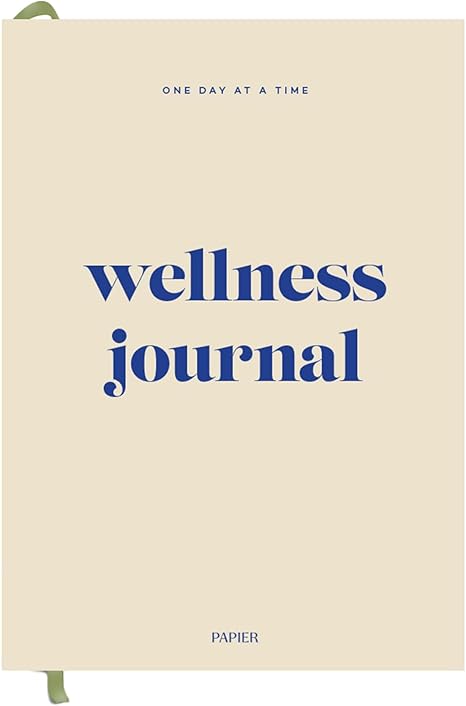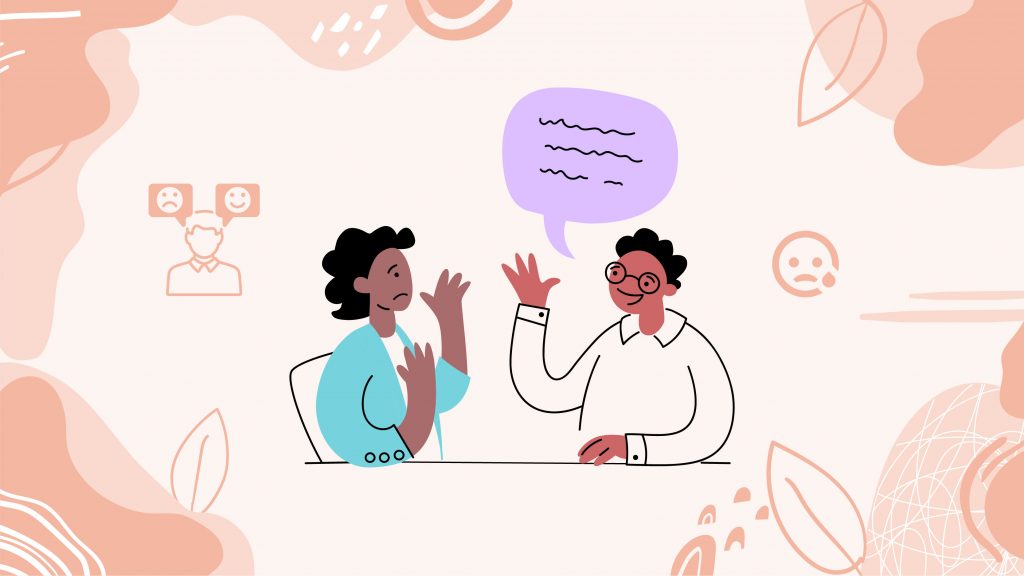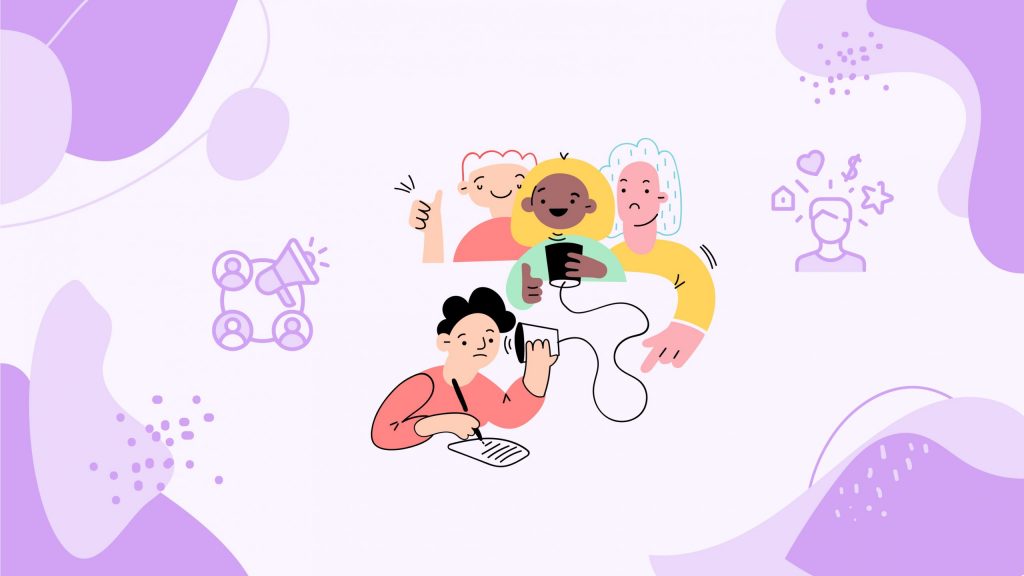Emotional availability is a crucial trait to develop if you want to dive deeper into the experience called life. You must understand that being emotionally available to the people around you is paramount when it comes to building meaningful relationships.
It is the deeper connections and relationships that give meaning to our lives.
If you find it difficult to sail in the territory of emotions, don’t worry; you are not alone.
There are ways in which you can make it right by acknowledging your emotions and embracing them as a part of your identity. The bottom line is to understand the relevance of emotions in your life. When you reach maturity and understand that life is truly worth living when you balance your emotions with logic, you are already on the path to mastering the art of living.
So, if you are someone who struggles to express your emotions and reciprocate to others with their emotions, stick around as we bring you practical ways to deal with your emotional unavailability.
What does it mean to be emotionally available?
Being emotionally available means you have the ability and willingness to share your emotions with others. When you don’t hesitate to express your emotions and are receptive to engaging with others on a deeper level, you are emotionally available.
The reason why we emotionally guard ourselves is because we fear getting hurt in the process. This is what restricts us from being vulnerable, and we choose to put a shield in front of our emotions.
Have you paid close attention to the thoughts that race in your mind while you are stuck in a moment of vulnerability? Often, these thoughts are filled with fear, self-doubt, and worries about rejection, preventing you from truly connecting with others.
This is where learning to be emotionally available becomes important. We must find healthy ways to process and manage our emotions so that we can live emotionally fulfilling lives.
Signs that you are Emotionally Unavailable
- You avoid deep conversations and shy away from engaging with others on an emotional level.
- You find it difficult to express your feelings and often escape emotional encounters.
- You fear commitment and remain hesitant to enter into serious relationships. You aren’t comfortable opening up with others and prefer to deal with them on a surface level.
- You have a tendency to avoid conflicts and refuse to confront issues in relationships, which leads to unresolved tensions and misunderstandings.
- Most of the time, you dismiss your feelings to accommodate your logic. You tend to rationalize everything and regard your feelings as unimportant.
- You overvalue your freedom and find it difficult to connect with others. Spending time alone is one of your top preferences.
- You tend to pull back from people emotionally and often experience emotional withdrawal whenever someone tries to get closer, or things don’t go your way.
- You have a history of short-lived relationships where you have often been accused of lacking emotional depth.
- You experience difficulty trusting people and find it hard to make connections or maintain your existing relationships.
What Causes Emotional Unavailability
- Negative Experiences
When you have had negative experiences (heartbreak, bad breakups, emotional abuse) early on in life or otherwise, your natural defense mechanism takes over, and you develop the tendency to keep your emotions in a closed shell.
- Unhealthy Attachment Styles
If you have unhealthy attachment styles (narcissism, co-dependency), you find it difficult to cope with your emotions and often find escape in being emotionally unavailable.
- Childhood Traumas
When you don’t receive healthy emotional treatment from your primary caregivers, you fall for unhealthy emotional coping mechanisms and struggle to embrace your own emotions.
- Low Self-esteem
When you struggle with low self-esteem, you may feel unworthy of love and connection, leading to emotional withdrawal and difficulty expressing your feelings to others.
Ways to Become Emotionally Available
After you’ve gained a healthy awareness that you are somewhere on the spectrum of being emotionally unavailable, you have won half the battle. Knowing your issues and concerns is the first step to transforming them for the better.
All you need is acknowledgment and validation of your emotions. It might cause you a little discomfort at first, but soon, you’ll access a different dimension where you’ll manifest an emotionally satisfying life for yourself.
A study suggests that 60% of individuals who practice emotional vulnerability see an improvement in their relationship satisfaction within six months.
Here are the ways in which you can shift your ways and cultivate emotional availability.
#1: Spend Time with Your Emotions:
When you want to cultivate emotional availability within yourself, it’s important to spend time with your emotions. This involves understanding the triggers and motivations behind your behaviors and observing them from a non-judgmental standpoint. By doing this, you are more likely to gain a deeper understanding of yourself and develop a better relationship with yourself. Once you feel comfortable in your own skin, you are more likely to understand other people’s perspectives and allow them into your emotional space.
🎭 Actionable Activity
Emotion Journal: Set aside 10-15 minutes each day to write about your emotions. Note what triggered them, how you felt, and any patterns you observed. Reflect on these entries weekly to identify recurring themes or triggers.
How to know it worked: When you invest your time and effort in this activity, you’ll notice a considerable difference in your behavior and the emotions you feel around your friends, family, and even acquaintances.
#2: Practice Vulnerability
When you are emotionally unavailable, you are tied up in the habit of being overly alert and defensive. To reverse this scenario, it is essential that you practice vulnerability. Let loose and share your emotions quite often, even if it feels uncomfortable. It will help you become authentic with your expression. You’ll become more expressive and foster trust and intimacy in your relationships. For this, you can start by opening up and sharing your experiences with the person you feel comfortable with. Also, taking a little risk of opening up doesn’t hurt when it comes to becoming a person who is learning the art of making connections.
👉 Vulnerability Challenge
Create a “vulnerability challenge” for yourself. Each week, identify one small way to open up, whether it’s expressing a need, sharing a feeling, or discussing a fear. Gradually increase the complexity of what you share as you become more comfortable.
How to know it worked: When you increase the frequency of sharing your feelings with others, you’ll notice a considerable shift in the way you feel and respond to the situations.
#3: Learn Emotional Regulation
The primary reason you find yourself emotionally unavailable and guarded is your struggle with emotional regulation. Mastering emotional regulation means managing your feelings rather than letting them dictate your actions. It involves understanding the intricate science behind your emotions and not allowing yourself to be swept away by their intensity. By dedicating time and energy to explore your emotional landscape, you cultivate the ability to remain calm and centered, even in the most charged situations. This mastery not only empowers you to navigate life’s emotional challenges with grace but also paves the way for deeper connections and a more fulfilling existence.
🎭 Actionable Activity
Emotional Check-Ins: Set reminders throughout the day to pause and assess your emotional state. Ask yourself what you’re feeling, why you might be feeling that way, and how you want to respond.
How to know it worked: By doing this, you’ll see hitting a different level of emotional maturity. It will bring about the changes that will make you a resilient and mature person capable of dealing with anything life throws at you.
#4: Develop Empathy
When striving to be emotionally available, it is crucial to practice empathy—both toward yourself and others. Understanding the importance of empathy is crucial if you want to develop the ability to relate with others. You may start small by putting yourself in the other person’s shoes. This way, you’ll be able to expand your perspective. Once you begin to think outside your fixed beliefs and opinions, you are not far from engaging in deeper conversations and building meaningful connections.
🎭 Actionable Activity
Empathy Mapping: Create an empathy map for someone you know. Write down what you think they might be feeling, thinking, seeing, and hearing. This will help you gain insight into their perspective and feelings.
How to know it worked: It will allow you to become much more receptive towards other people’s emotions, and you’ll see your relationships getting better day by day.
#5: Reset Your Boundaries
Setting healthy boundaries is important for cultivating a balanced life. When you find yourself in the middle of living an emotionally restrained life, chances are you have created boundaries that are too rigid, preventing you from fully engaging with your emotions and connecting with others.
In such a case, it becomes all the more important to revisit your standards and re-establish the boundaries to improve your overall experience of life. For this, you make a habit of introspecting your standards and expectations from others.
🎭 Actionable Activity
Boundary Assessment: Take a moment to list your current boundaries in various areas of your life (e.g., work, friendships, family). Reflect on which boundaries feel too rigid or loose and where adjustments might be needed.
How to know it worked: After assessing and adjusting your boundaries, pay attention to how you feel in different situations. You should notice decreased stress and frustration in areas where boundaries are too rigid.
Practical Tips to Overcome Your Emotional Unavailability
- Be patient with yourself. When you allow your emotions the freedom to express themselves, you’ll become better at emotional regulation.
- Try to communicate openly and freely. This will make it easier for you to express your emotional side and prevent you from engaging in any passive behavior.
- Set healthy boundaries to safeguard your emotions. You can start with daily journaling and spend a few minutes writing about your feelings. It will make you comfortable dealing with your own emotions.
- Spend a few minutes each day to meditate on your emotions. Think of a particular instance or event. See how you feel about it. Remain non-judgemental towards your emotions, and it will deepen your understanding of yourself.
- Engage in active listening. When someone is talking to you about their problems, concerns, or otherwise, do not get carried away by distractions (such as checking phone notifications, watching TV, and so on). Make them feel heard and understood.
- Share small and interesting stories with your friends and acquaintances. It will help you work on your vulnerability and increase the depth of your sharing.
- Take time for activities that nourish your mind and body. When you feel good about yourself, you’ll find it easy to sit with your emotions and process them effectively.
Final Thoughts
Emotional unavailability is a coping mechanism that we use to safeguard our emotions. After gaining a full understanding and practicing the steps mentioned above, you’ll reach a point where it will no longer be a challenge that you grapple with.
Practice the tips and activities in your daily routine, and you’ll shine through the emotional hassles and challenges that once appeared overwhelming. And once you gain confidence in expressing yourself emotionally, you’ll foster deeper connections and a greater sense of self-awareness.























